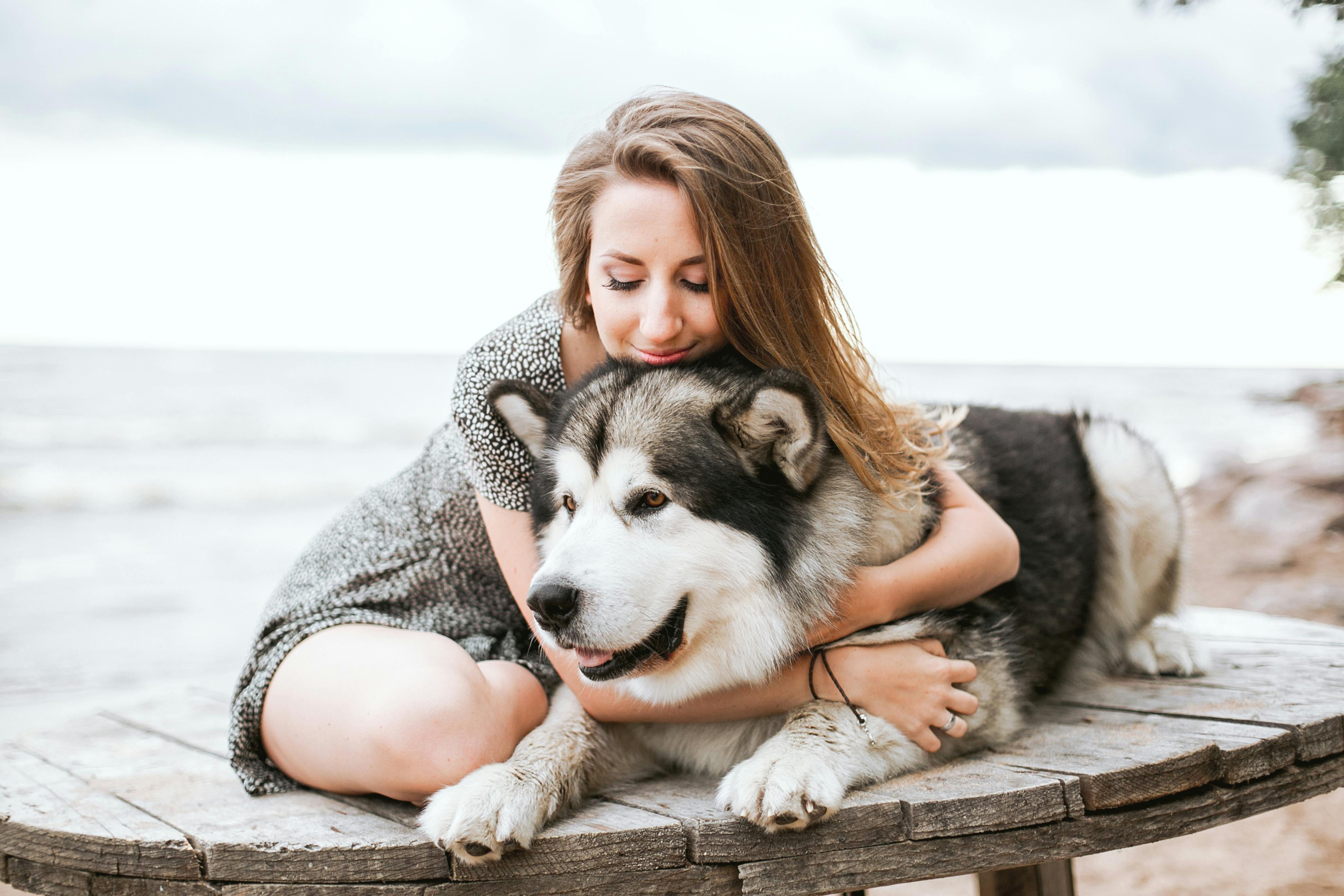
Fear of fireworks in dogs
Most people respond to a fireworks display with delighted “Oohs” and “Ahhs.” Unfortunately, what most Americans consider the best way to celebrate the 4th of July can make your dog wish he could hide under the covers until it’s all over. The dog’s highly sensitive hearing combined with the excessive stimulation of the thunderous, prolonged, low-frequency rumbling sounds of fireworks, and the fact that it is an experience that occurs only once a year for most dogs (what meaning unfamiliar) can result in an extremely jarring and stressful experience for your canine companion. As a result, the dog may shake, drool excessively, whine, and even the normally well-behaved and friendly dog may become unpredictable and destructive.
Helping your dog cope with fireworks is a process that should ideally begin at puppy age. Many dogs will startle at loud noises (like people), but they can recover quickly, especially if they have been raised in a home that focuses on early and continuous habituation to a variety of sounds and other stimuli. If you are raising a young puppy, keep in mind that while fireworks have some unique sound qualities (i.e. volume, duration, frequency), you can help a young, impressionable puppy develop the ability to better deal with loud sounds in general, which may help them. cope with the specific sounds of fireworks. If your dog is experiencing stress due to fireworks, consider that helping him develop the skills to better cope with this experience can be a lengthy process that must also be combined with day-of-day handling techniques. Some of the following tips should help your dog get through the day with as little stress as possible.
* Minimize exposure: You may be able to at least partially drown out the noise from the fireworks display by turning on the radio or television and a fan or air conditioner. You can also minimize your dog’s exposure by placing him in an area of the house where he is less likely to hear the fireworks display. If your dog has learned to enjoy spending time lounging in a crate where he is fed some of his meals and is offered safe chew toys to play with, this could be a suitable and safe place to rest during fireworks. Be sure to close and secure doors and windows and consider closing curtains or blinds. Also be sure to cut down on any additional stimuli (such as visitors) that may further excite or stress your dog. If you live near the site of a fireworks display, consider having your dog stay at the home of a friend he is familiar with further away. Just make sure they’ve visited there before and that being in that setting will be more conducive to a peaceful experience.
* Provide exercise: Plan a brisk walk (appropriate for your dog’s age, health, and temperature) earlier in the day before the fireworks display. Burning off physical and mental energy can help the dog cope later in the day.
* Offer potential distractions – Make sure you provide your dog with safe chew toys so he has something to occupy them with. Those that can be filled with food are usually more likely to act effectively as a behavioral pacifier.
* Do not leave your dog unsupervised in the yard: There are always risks associated with leaving a dog unsupervised in a yard (they can be stolen, agitated by passersby or escape). However, you should be especially careful not to leave a dog unsupervised outdoors on the day of a fireworks display. The stress of the experience can cause even an otherwise calm dog to go to extreme measures to escape.
* Consider using calming aids: Over-the-counter pain relievers such as DAP (Dog Calming Pheromone) which mimics the natural pheromone a mother dog releases when nursing to calm herself and her puppies, or a rescue remedy may help. The anxiety coat, a vest that fits snugly around the dog’s chest, can also help calm the dog. If you are considering the use of sedatives, be sure to have a detailed discussion with your veterinarian about the details of using a prescription drug.
* Provide gradual exposure to loud noises: integrating loud sounds into the dog’s daily routine, especially during those times when they are engaged in a pleasant activity, such as eating or playing, should be part of a plan to help them become familiar and to be less sensitive. to these stimuli. Keep in mind that careful observation of your dog is required to keep the stimulus setting below the threshold that triggers a potentially high stress response. It is advisable to work with a qualified trainer as they can help you establish a plan for gradual exposure that may include: Playing tapes of fireworks sounds; Exposing your dog to sparklers, bright lights, and toy hats that produce a popping noise and gunpowder smell (similar to fireworks); Loud popping sounds of a balloon or an inflated plastic or paper bag.
Many cases of fireworks phobias cannot be completely resolved. But, with careful handling and a focus on behavior modification, your dog should be able to cope with the experience in a more peaceful and stress-free way.